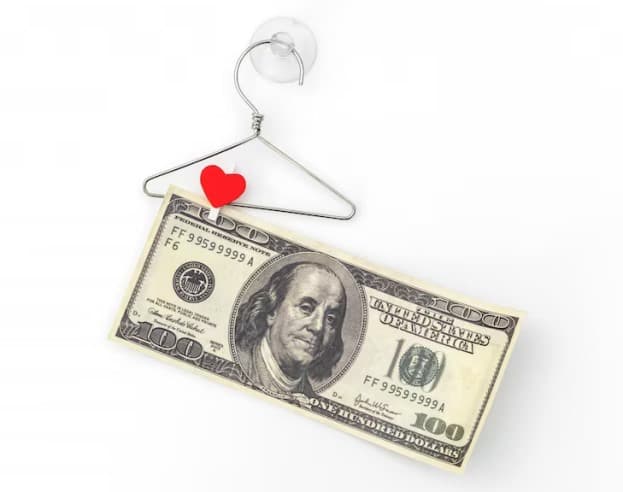The United States, like many countries, has specific laws in place to prohibit the intentional destruction of currency. The burning of money is considered a criminal offense under federal law.
The main federal law that addresses the destruction of US currency is outlined in Title 18, Section 333 of the United States Code. This law states that “Whoever mutilates, cuts, defaces, disfigures, or perforates, or unites or cements together, or does any other thing to any bank bill, draft, note, or other evidence of debt issued by any national banking association, Federal Reserve Bank, or Federal Reserve System, with the intent to render such bank bill, draft, note, or other evidence of debt unfit to be reissued shall be fined or imprisoned.”
Purpose of the Law
The prohibition on burning money serves several important purposes:
1. Preserving the Integrity of Currency
The primary purpose of this law is to maintain the integrity of US currency. The destruction of money undermines the stability and trustworthiness of the monetary system.
By criminalizing the deliberate destruction of currency, the government aims to safeguard the value and credibility of US banknotes.
2. Protecting Economic Stability
Currency destruction can have detrimental effects on the economy. Burning money reduces the overall money supply, leading to deflationary pressures and potential economic instability.
By discouraging such actions, the law helps maintain the stability of the US economy and supports a healthy flow of commerce.
3. Preventing Counterfeiting
Burning money can complicate efforts to detect counterfeit currency. Counterfeiters may exploit genuine banknotes that have been destroyed by individuals, making it more challenging to distinguish between real and fake money.
Prohibiting the destruction of currency aids in the prevention of counterfeiting and protects the financial system from fraudulent activities.
4. Ensuring Public Confidence
Public confidence in the monetary system is crucial for its smooth functioning. By making it illegal to burn money, the law reinforces trust in the US currency. It assures individuals that the government is committed to maintaining the value and integrity of the money they use in their daily lives.
Legal Consequences to Burn Money
Under federal law, the act of burning money can result in criminal penalties. Section 333 of Title 18 states that those found guilty of destroying currency with the intent to render it unfit for reissue may be subject to fines and imprisonment for up to six months.
It is important to note that this law applies to all forms of US currency, including bills, notes, drafts, and other evidence of debt issued by national banking associations, Federal Reserve Banks, or the Federal Reserve System.
FAQs
Can I burn money for artistic purposes or in private settings?
While artistic expression is generally protected under the First Amendment, the deliberate destruction of currency is still illegal, regardless of the context.
What if I accidentally damage or destroy currency?
Accidental damage to currency may not be subject to legal consequences. However, if you intentionally destroy currency, even in small amounts, you may face legal repercussions.
Are there any exceptions to the law against burning money?
Generally, there are no exceptions to the law. Burning money is prohibited regardless of the reason or intention behind it.
Read: Can My Phone Records be Subpoenaed Without My Knowledge?
Conclusion
Burning money is considered illegal in the United States under federal law. The act of intentionally destroying currency is prohibited to maintain the stability of the monetary system and uphold public trust.
By enforcing this law, the government aims to safeguard the value and integrity of US currency. It serves as a reminder that money holds significance beyond its material form and should be treated with respect. Remember, it is important to abide by these regulations and preserve the integrity of our financial system.
